It is important to equip yourself to understand the changes and know that AI will become increasingly common in everyday life, including technical and professional issues.
Artificial intelligence, which once seemed like a topic only found in science fiction, has already been increasingly impacting our daily lives. It allows people without technical skills to perform tasks through specific instructions, democratizing skills that were once reserved for a select few.
Within the term artificial intelligence, there are several disciplines, such as machine learning, deep learning, computer vision, reinforcement learning, natural language processing, and neuromorphic computing. It is important to know which of these areas a person is referring to when talking about artificial intelligence, and this also allows us to specialize in one or more of these disciplines.
The big question in recent days is: will AI replace jobs? In 2013, two researchers from the University of Oxford, Carl Frey, and Michael Osborne, conducted the most cited study on this topic. They found that 47% of all jobs in the United States were at risk of being replaced by automation and listed the professions that were most likely to be affected, including telemarketing, drivers, and construction workers. However, with the emergence of new language models, machines can now also compose music, edit images and videos, write content, interpret laws, and perform calculations. The future of work will likely involve a partnership between machines and humans.
"AI will not necessarily steal jobs but rather function as a co-pilot for those who are already professionals in the field. Professionals who know how to use AI will be the ones stealing jobs."
It is important to equip yourself to understand the changes and know that AI will become increasingly common in everyday life, including technical and professional issues. No profession is 100% immune to the arrival of artificial intelligence. Competition with the machine can be faced through knowledge.
Suppose I implement an artificial intelligence process that can significantly reduce my workload. In this case, the challenge may arise that the company realizes that I am no longer as necessary. But if the tool already exists, why not use it? If there is a faster and more efficient way to do something, why continue to use the old way? What we need is the permanent ability to learn and optimize the way we work. We need to equip ourselves and understand what is happening to acquire the necessary knowledge and use the tool in the best way possible so that our performance is more efficient, strategic, and creative.
The challenge for professionals is not to defend against AI, but to adapt to it, develop new skills, and learn to ask the right questions to machines. The ability to learn is the most critical skill you need to develop to keep up with the fast-paced world we live in today.
It is important to remember that artificial intelligence is not always right. Just like people, it also makes mistakes, and we need to be careful about that, checking the information and verifying other sources before blindly trusting an AI response.
AI will also generate new professions, such as the professional responsible for transparency, accountability, and equity in AI models, as there are several projects worldwide to look at artificial intelligence ethically.
The human-machine interaction in the job market is already a one-way path. Therefore, it is essential that professionals are prepared to deal with this technology and thus take advantage of all its advantages, using AI as a powerful tool to achieve increasingly better results.
Author
Kethleen Bruno
Kethleen Bruno has been a Product Designer at Avenue Code since 2021. She is married and a proud mother of two. One of her greatest passions is exploring new cultures, places, and accents, which has led her to have several exciting experiences both personally and professionally. Her time working at Walt Disney World Co. had a deep impact on her life and career. Kethleen has loved coffee and dark chocolate for as long as she can remember.





